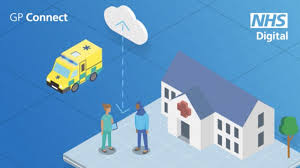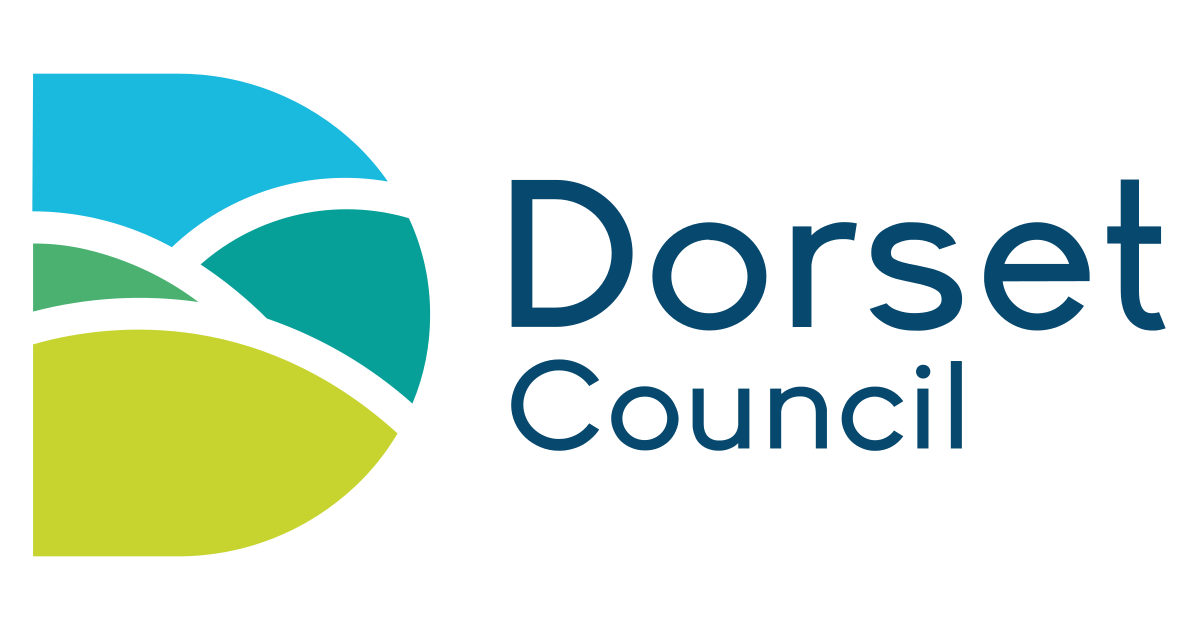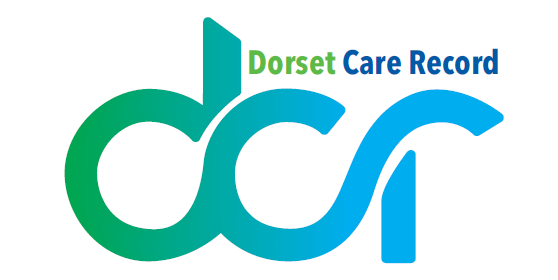We’ve added a range of new feeds to the Dorset Care Record (DCR) over the past month with the latest tranche of health and social care records successfully incorporated this week.
Allergy information from University Hospitals Dorset NHS Foundation Trust (formerly Royal Bournemouth and Christchurch Hospitals (RBCH) and Poole Hospital (PH) are now available to health and social care professionals using the DCR.
It will mean that allergy details from across all of the county’s acute hospitals will be in place. This will be useful for hospital teams who will be able to prescribe medications more safely to patients
University Hospitals Dorset have also added clinic letters into the DCR as well as electronic inpatient and emergency discharge summaries, which will provide clear advice to GPs and social care teams helping to provide ongoing care to patients.
The new feeds from the acute hospitals follows the successful introduction of children’s demographics information from Dorset Council, meaning that all of the local authority’s adult and children’s records are now available through the DCR.
Peter Gill, Senior Reporting Officer for the DCR and Director of Informatics at University Hospitals Dorset said the new feeds were evidence of growing integrated care across the county.
“I’m really pleased with the additional feeds entering the DCR. Greater integration across our health and social care settings brings coordinated and safer care for people of Dorset and a greater understanding among professionals of the treatment required for them. Data really does save lives.”
Orion Health provides the software that powers the DCR. Gary Birks, Orion Health General Manager for Great Britain and Ireland, also commented on this expansion of the information available:
“Since its initial go-live in 2018, the DCR has steadily built out the information available within it and become increasingly useful to its users. This is reflected in the growth from 2,200 records accessed in July 2019 to over 14,000 last month. We look forward to supporting the DCR’s busy roadmap of upcoming additions to data and functionality, all in the interest of improved patient care.”
At present, nearly 2,000 trained health and social care professionals across the partnership, which includes the county’s three acute hospitals, Dorset HealthCare, Dorset Clinical Commissioning Group and the two local authorities, can use the DCR. All the county’s GP practices are connected to the DCR.
Earlier this year, in the light of the Covid-19 pandemic, we enabled Yeovil District Hospital in Somerset and community pharmacists in Dorset to have access to the DCR.
The ambition is to grow to around 7,000 active users as the phased rollout progresses.









